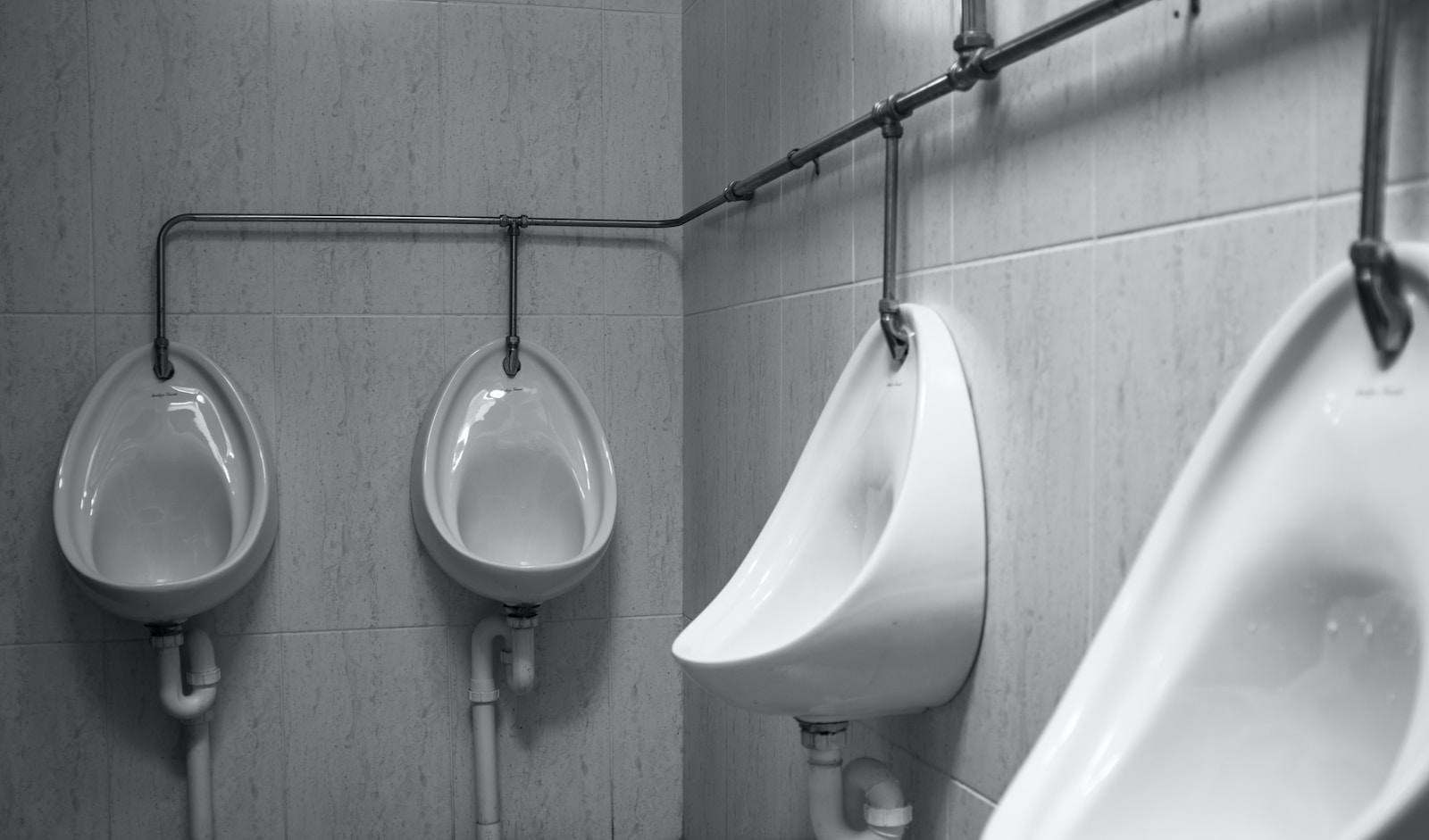During sexual intercourse, your prostate and the urethra are stimulated. This may cause a brief burning or stinging sensation when you urinate right after sex.
It is important for women to urinate after sex as this can help flush away any bacteria that has entered the urethra. This helps prevent UTIs.
Stress urinary incontinence
You probably won’t get a urinary tract infection every time you have sex, but frequent peeing can be an issue. For some people, sex is a common trigger of UTIs because the opening of the urethra (the tube that urine exits through) is closer to the vagina and clitoris during sexual activity. The genital area is also prone to bacteria from the rectum, which can travel up the urethra to infect the bladder, says urogynecologist Sujata Yavagal, MD.
The good news is that you can take steps to prevent this. For starters, you should urinate before sex and afterward, which can help minimize the amount of bacteria entering the bladder. You should also drink plenty of fluids to stay hydrated, and avoid bladder irritants like caffeine and alcohol.
Many women have a condition called stress urinary incontinence, which causes them to leak urine during activities such as exercise, coughing, laughing or sneezing. They may experience a dribble of urine during sexual activity as well, although the leaks are usually minimal. Some people have a more severe version of the condition that causes them to urinate involuntarily when they feel the need, which is referred to as urge incontinence.
Luckily, there are many treatment options for these conditions. Some of these include Kegel exercises, which can strengthen the pelvic floor muscles. Maintaining a healthy weight and avoiding foods that put pressure on the kidneys, such as spicy foods, can also help with bladder control issues.
Bladder pain syndrome
Bladder pain syndrome, or interstitial cystitis, is an uncomfortable chronic condition that causes frequent urination and bladder pressure. It results from inflammation of the bladder lining and stiffening of the bladder wall, which decreases its capacity. Symptoms range from mild to severe, and they may come and go. The disease is more common in women. Symptoms include frequent urination, bladder pressure, pain in the abdomen and pelvic area, bladder spasms and incontinence. They can also interfere with work and social activities, and they strain sexual intimacy.
During the early stages of bladder pain, symptoms are mild and infrequent. Over time, however, they become more frequent and painful. Flare-ups last up to a week and can be excruciating. The discomfort can also cause emotional stress and a decrease in quality of life. The pain can also interfere with sleep.
It’s normal for a man or woman to feel the urge to pee right after having sex, but if you always get a burning sensation when you pee, it might indicate a UTI. During sexual activity, bacteria from the anus and urethra can be transferred up to the bladder through the erectile tissues and pelvic muscles. That’s why it’s important to urinate after every sexual activity and to clean the anal and genital areas with soap before and after sex, and to use a vaginal lubricant.
Urinary tract infections
Many women get frequent urinary tract infections, or UTIs, especially after sexual activity. The anatomy of a woman’s pelvic area makes her more prone to this condition than men. The anal and vaginal openings are close to the urethra, and friction from sexual activity can transfer bacteria around the urethra and into the bladder. Women also tend to have shorter urethras, so it’s easier for germs to reach the bladder from the anus.
The good news is that most UTIs are easy to treat with antibiotics. A quick trip to the doctor and a complete course of medication can clear the infection in a few days. A few lifestyle changes may help prevent future UTIs, as well. Women should wipe from front to back before and after sexual intercourse, and they should drink plenty of water. This helps flush the urethra and relieves bladder pressure. In addition, women should avoid using feminine products that irritate the genital area, and they should use a reliable form of birth control.
Some people experience a burning sensation when they pee after sex, and they may worry that they have a urinary tract infection or a sexually transmitted disease. But the discomfort typically isn’t a sign of an infection. The pain is due to a contraction of the muscles of the pelvic floor.
Erectile dysfunction
Erectile dysfunction (ED) is difficulty getting or keeping an erection during sexual activity. This can also cause frequent urination. In most cases, ED is caused by problems with blood flow to the penis. A problem with the prostate can also cause ED.
When a man has sex, the prostate gland surrounds the urethra, which carries urine and semen out of the penis. When a person has sex, the muscles that surround the prostate and the urethra contract to produce an erection.
If a person has erectile dysfunction, the muscles in the penis don’t relax and an erection doesn’t develop. This can be caused by many things, including certain medications and diseases that affect blood flow to the penis. It can also be caused by physical or mental conditions, such as diabetes, multiple sclerosis, spinal cord injuries, and nerve disorders.
If the problem is a result of a physical or psychological condition, treatment may help improve ED and solve the issue of frequent urination. Talking openly with a partner about sex and any issues in the relationship can be helpful. If a partner is having trouble communicating, counseling can also help. If the underlying problem is medication, a doctor can change the dosage or switch to a different drug. Having a regular exercise program and losing weight can also help with ED.

